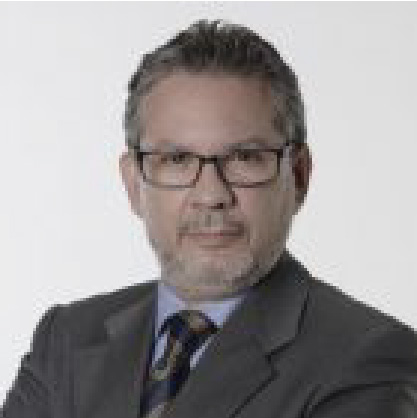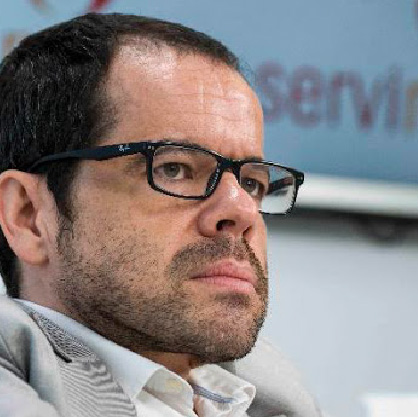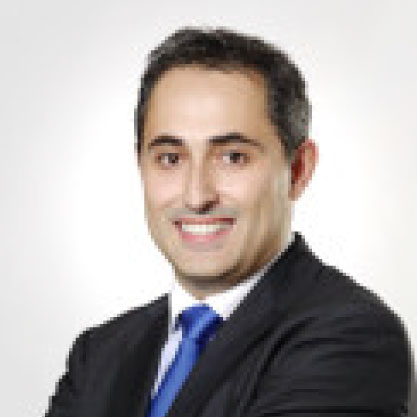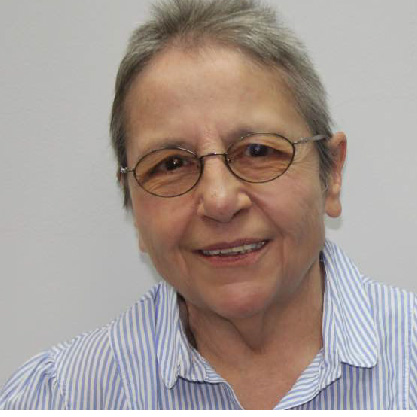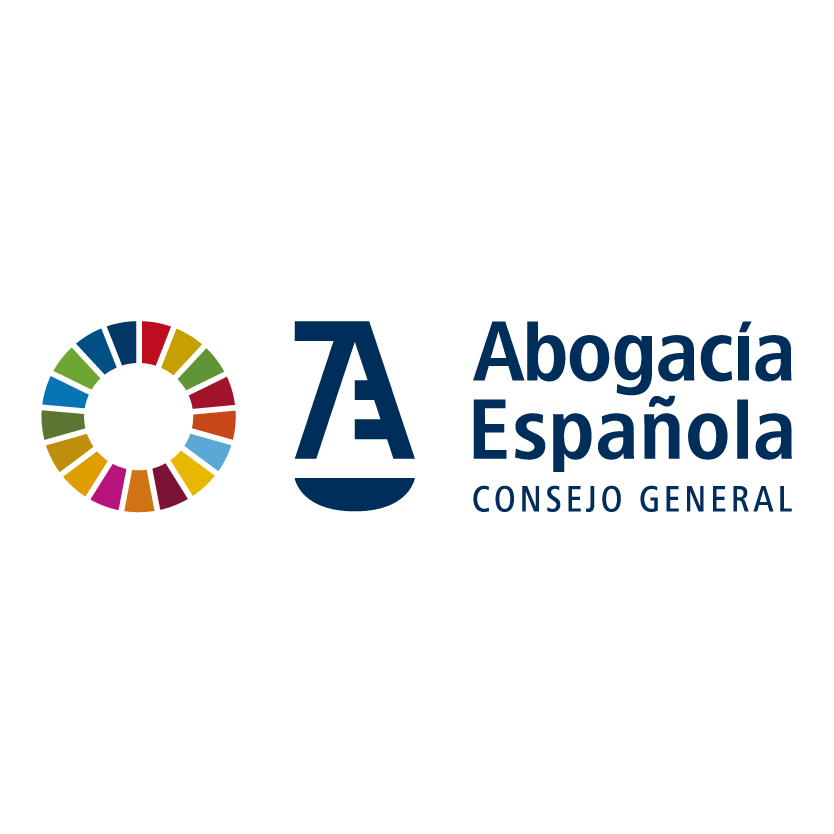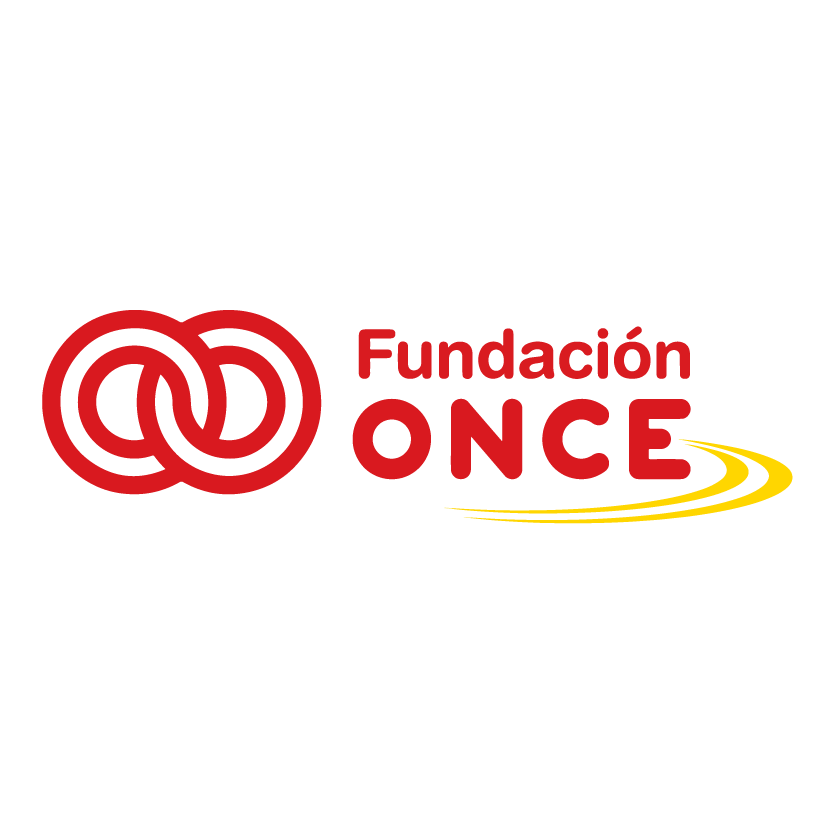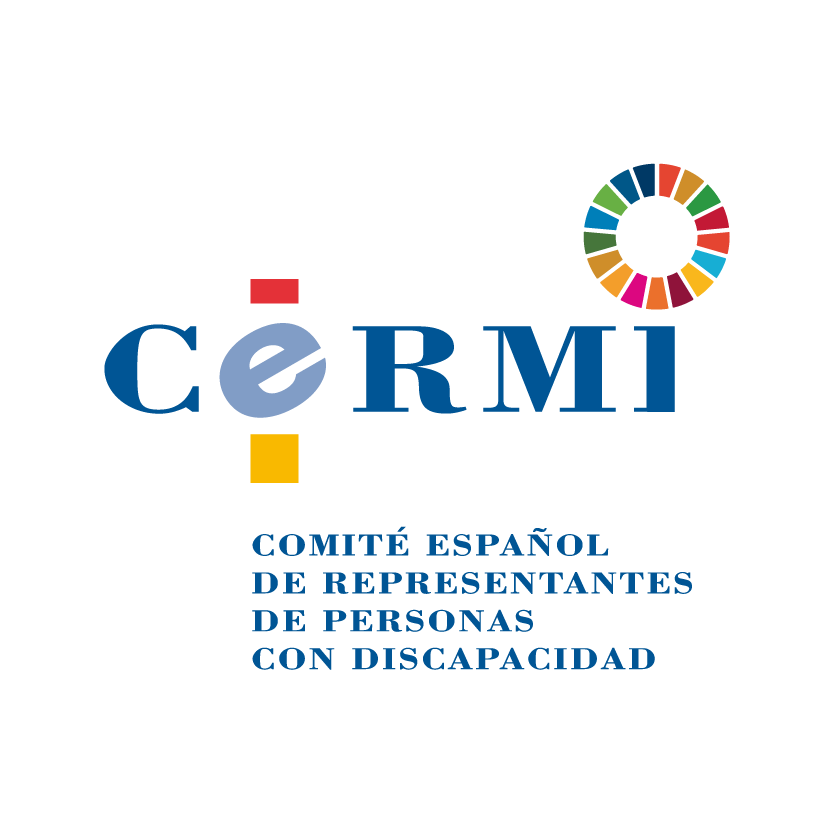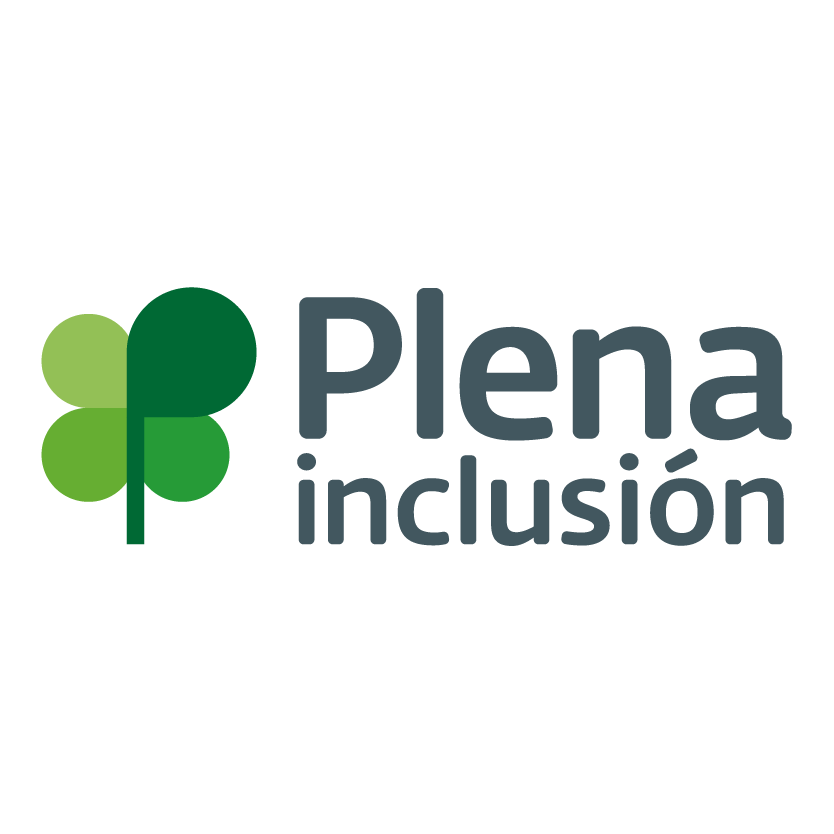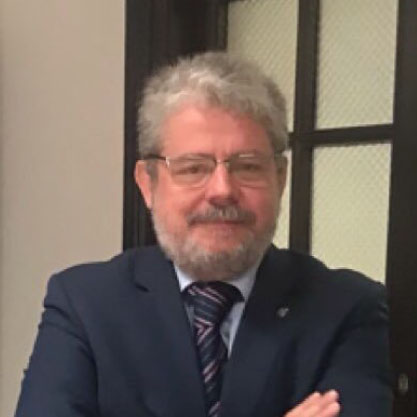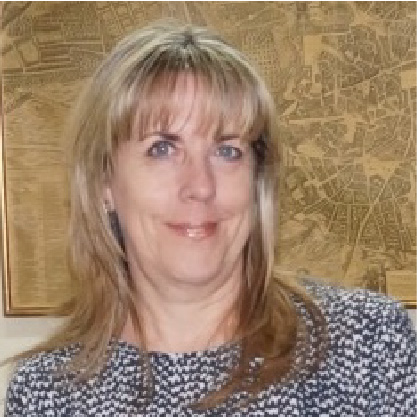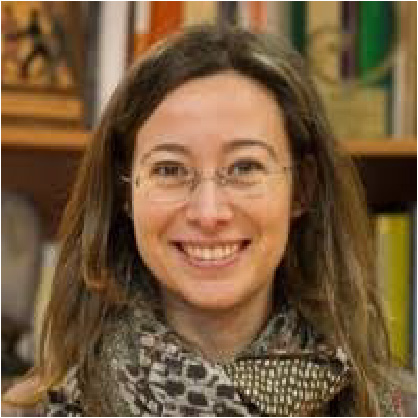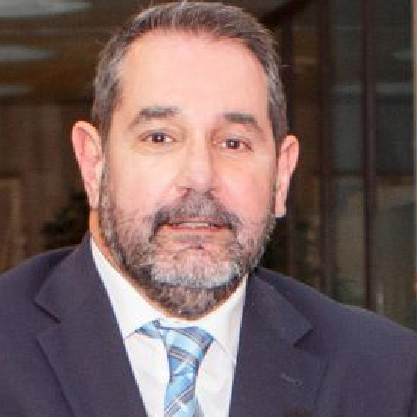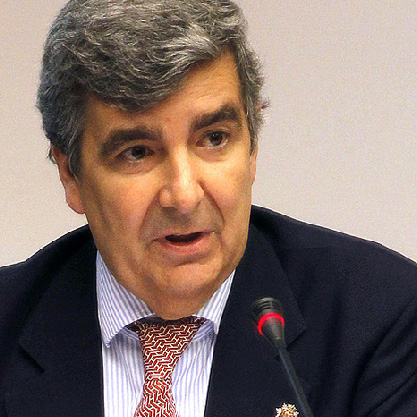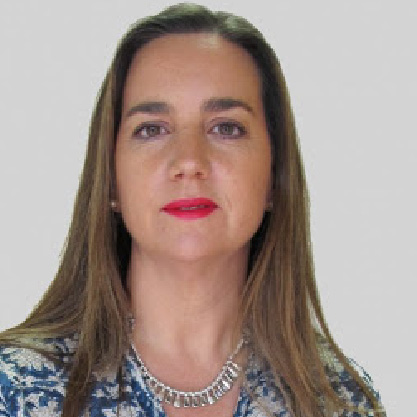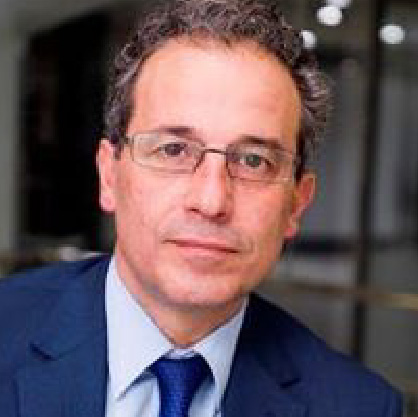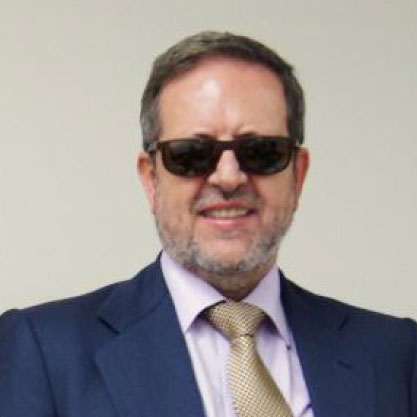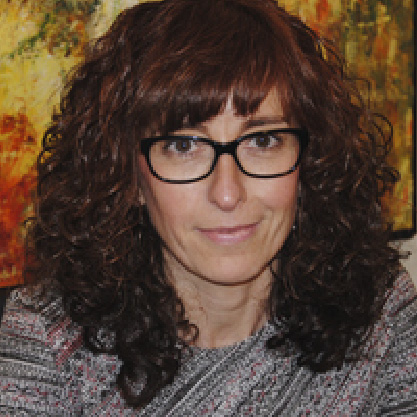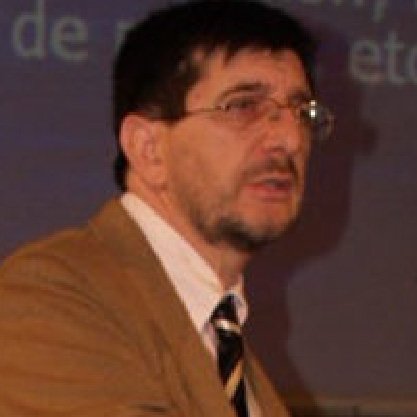INTRODUCTION
The full, effective and equal participation of people with disabilities in society must be guaranteed. The signatory states of the International Convention on the Rights of Persons with Disabilities, such as Spain, have the obligation to actively promote the elimination of all barriers that exist in the environment and in the mentality of people for the effective legal protection of this collective.
As part of this effort, access to justice must be provided for people with disabilities on equal terms with that of other citizens. This implies, among other things, legislative reforms so that the rules are adequate, adjustments in police and judicial procedures and protocols or the universalization of accessibility to communications and the facilities of which these people may be users.
The persistence of specific impediments and conditioning factors in the realization of the rights of persons with disabilities makes lawyers essential for their true legal protection. In-depth knowledge on the part of these lawyers about the related regulations, as well as their application in the different jurisdictions, is an essential requirement for adequate legal assistance. The solid and continuous training of lawyers who assist people in situations of particular vulnerability is the commitment of the Lawyers, in compliance with their social function and therefore this course is aimed at them.
El Consejo General de la Abogacía Española has the support and participation of the main social organizations in the field of disability at the national level to carry out this course, which was created with the intention of reinforcing the quality of defense of the rights of all people with disabilities. The contents offered in this course represent the minimum recommended, from the point of view of the Consejo General of the Legal Profession, for eventual shifts specialized in the matter.
The course is based on 9 sessions that will take place in the afternoon on Tuesdays and Thursdays over four weeks. In each session, the faculty will teach live, being an interactive and participatory class. This session will take place through the Training Platform of the Consejo General of the Legal Profession and will be fully accessible to people with hearing disabilities, thanks to simultaneous sign interpretation and subtitling.
At the end of each session, the recorded class will be uploaded to the platform, along with the materials to answer the evaluation test that will deal with the subjects studied in the session.
The evaluation tests are compulsory to obtain the course certificate. The deadline for its completion will be from the day of the session until the end of the week in which it is taught. All of this to facilitate the student's completion of the course, making it compatible with other activities.
In addition to these sessions, during the weeks that the course lasts, 3 workshops will be given with professionals from other disciplines who will discuss tangential aspects, but of great importance on the subject. Although they will not be subject to evaluation, attendance at these sessions is recommended, counting as participation for the purposes of the evaluation.
The evaluation system is made up of weekly multiple-choice tests for each session and live attendance at the sessions. To pass the course and obtain the accrediting diploma, it will be necessary to attend 75% of the sessions live and obtain a grade of 5 in each of the tests.
The certificate accrediting the completion of the course will be issued by the Consejo General de la Abogacía Española to those students who manage to pass the course satisfactorily.
It will be considered as the minimum knowledge necessary to be part of the Free Legal Assistance Shifts for People with Disabilities, without prejudice to the specific training courses that the different Bar Associations may require.
PROGRAM
0. Introduction.
1. Module 1: People with disabilities and their relationship with the Administration of Justice
2. Module 2: The administrative declaration of disability.
3. Module 3: Civil protection of people with disabilities.
4. Module 4: The protection of people with disabilities in Criminal Law.
5. Module 5: The protection of people with disabilities in the workplace.
6. Module 6: Social protection of people with disabilities.
7. Module 7: Regulations on accessibility.
1. Historical evolution of disability: Application of the vision of the models on the legislation.
2. Access to Justice for people with disabilities.
3. The prosecution and the processes of modification of legal capacity.
CALENDAR
|
Introduction
People with disabilities and their relationship with the Administration of Justice. |
WORKSHOP
Historical evolution of disability: Application of the vision of the models on the legislation.
|
The administrative declaration of disability.
Civil protection of people with disabilities. |
|
The protection of people with disabilities in Criminal Law. |
WORKSHOP
Access to Justice for people with disabilities.
|
The protection of people with disabilities in Criminal Law. |
|
Civil protection of people with disabilities. |
WORKSHOP
The prosecution and the processes of modification of legal capacity.
|
The protection of people with disabilities in the workplace. |
|
The protection of people with disabilities in the workplace.
Regulations on accessibility. |
|
The social protection of people with disabilities. |
|
The social protection of people with disabilities. |
|
|
